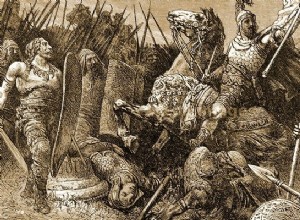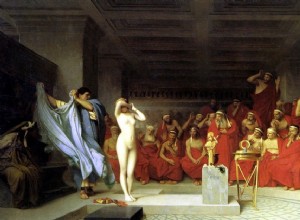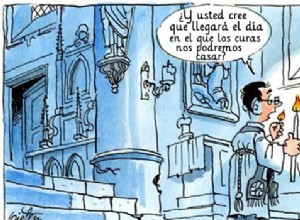Entry taken from the book The Plantagenets The first entry in the series dedicated to Eleanor of Aquitaine ended with the birth of a son from her marriage to Henry II, whom they called William. On February 28, 1155, Henry, the couples second son, was born. Sadness at the untimely death of the eldes




